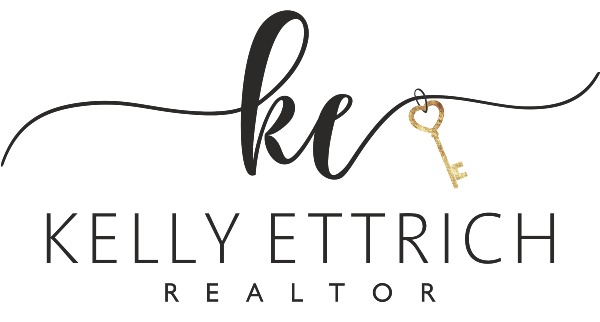The Top 3 Ways to Determine the Value of Your Home
Koffee with Kelly – Tips for Sellers. What is the value of my home? That is a question that I often receive as a Realtor. If you are thinking of selling your home or are just curious about its worth in the current market, there are three ways to come up with an answer. The methods include Tools and Websites, a Realtor evaluation, and a home appraisal by a licensed home inspector.
What is the value of my home? I often receive that question as a Realtor. If you are thinking of selling your home or are just curious about its worth in the current market, there are three ways to find out. The methods include Tools and Websites, a Realtor evaluation, and a home appraisal by a licensed home inspector.
What is the Value of my Home? ?
1 Tools and Websites
First, artificial intelligence tools and websites can help you get a ballpark figure of your home’s value based on location, size/square footage, # of bedrooms, # of bathrooms, and recent sales of similar properties. But suppose your home has more value factors (significant upgrades, renovations, pristine condition, etc.) than the pulled comparables. Your AI-generated estimate will likely be lower than the actual value in those cases. So, these tools differ from a professional appraisal or a real estate agent’s opinion. They are only meant to give you a general idea and may not reflect the actual market value of your home.
Check out this video if you want the most impactful items to update on your home. ?
Here are a few of these tools commonly used to evaluate your home value:
Zillow.com: Zillow is one of the most popular websites for monitoring your home’s value. It uses a proprietary Zestimate algorithm to calculate your home’s value based on data points from public records and user-submitted information.
Trulia.com: Trulia works similarly to Zillow, but it also provides more information about the local market trends, demographics, schools, crime rates, and amenities near your home.
Realtor.com: Realtor.com is the official website of the National Association of Realtors. It has a helpful home value estimator that pulls information from the Multiple Listing Service (MLS), which lists most homes in the US, to determine your home’s value.
Finally, my favorite is homebot.ai, and if you are a client of mine, you receive a monthly email with a home value report. It is only available to realtors. Ask me for more information on this tool.
While these tools are a good starting point, they will likely give you conflicting data.
2 Get a Comparative Market Analysis from a Realtor
More effective than tools is to reach out to a Realtor like me and ask for a Comparative Market Analysis. A Comparative Market Analysis (CMA) evaluates a property’s value based on recent sales of comparable properties in the same area. It compares your property to similar properties that have recently sold or are currently on the market.
A CMA aims to determine a property’s fair market value by analyzing the prices of comparable homes that have recently sold. It considers factors such as location, size, age, condition, property features, market trends, and supply and demand for homes in the area.
A CMA can be useful for home buyers, sellers, or real estate professionals looking to determine a property’s fair market value. It can also be used as a tool for negotiating the price of a property, setting a listing price for a property, or making informed decisions about a real estate investment.
To create a Comparative Market Analysis (CMA), a Realtor typically collects data from public sources from the MLS and other public record sources and then chooses comparable properties. Choosing “comps” takes experience, as the market has been dynamic for several years. They should select properties similar in size, age, location, and features to the subject property. The Realtor will need to see the inside of the home to understand any upgrades and the general shape of the house. The Realtor will include information on market trends, supply and demand for homes in the area, and other relevant factors that may affect the property’s value and come up with the home value. A Realtor with good neighborhood knowledge will make this process easier and make appropriate adjustments based on local knowledge. Finally, the Realtor will create a CMA report summarizing the data and analysis, providing an estimated value for your property.
3 Use a licensed home appraiser to value your home
A licensed home appraiser is a professional who estimates a residential property’s value. Home appraisers are licensed and certified by state and federal agencies. Often, a licensed home appraiser is part of the home buying process, evaluating a home’s value to secure a home loan. However, the home seller can also use presale to understand their home value.
During the inspection, the appraiser will also evaluate the property’s condition, noting any deficiencies or needed repairs. The appraiser will then research and analyze market data, such as recent sales of comparable properties in the area, to determine the property’s market value.
Once the analysis is complete, the appraiser will produce a detailed appraisal report that includes the property’s estimated value, a description, and an explanation of the methods used to arrive at the estimate. Lenders typically use this report to determine the maximum loan amount they will lend to a borrower or individuals to determine a fair price for the property.
For more information, please get in touch with me to understand the best option for valuing your home.






